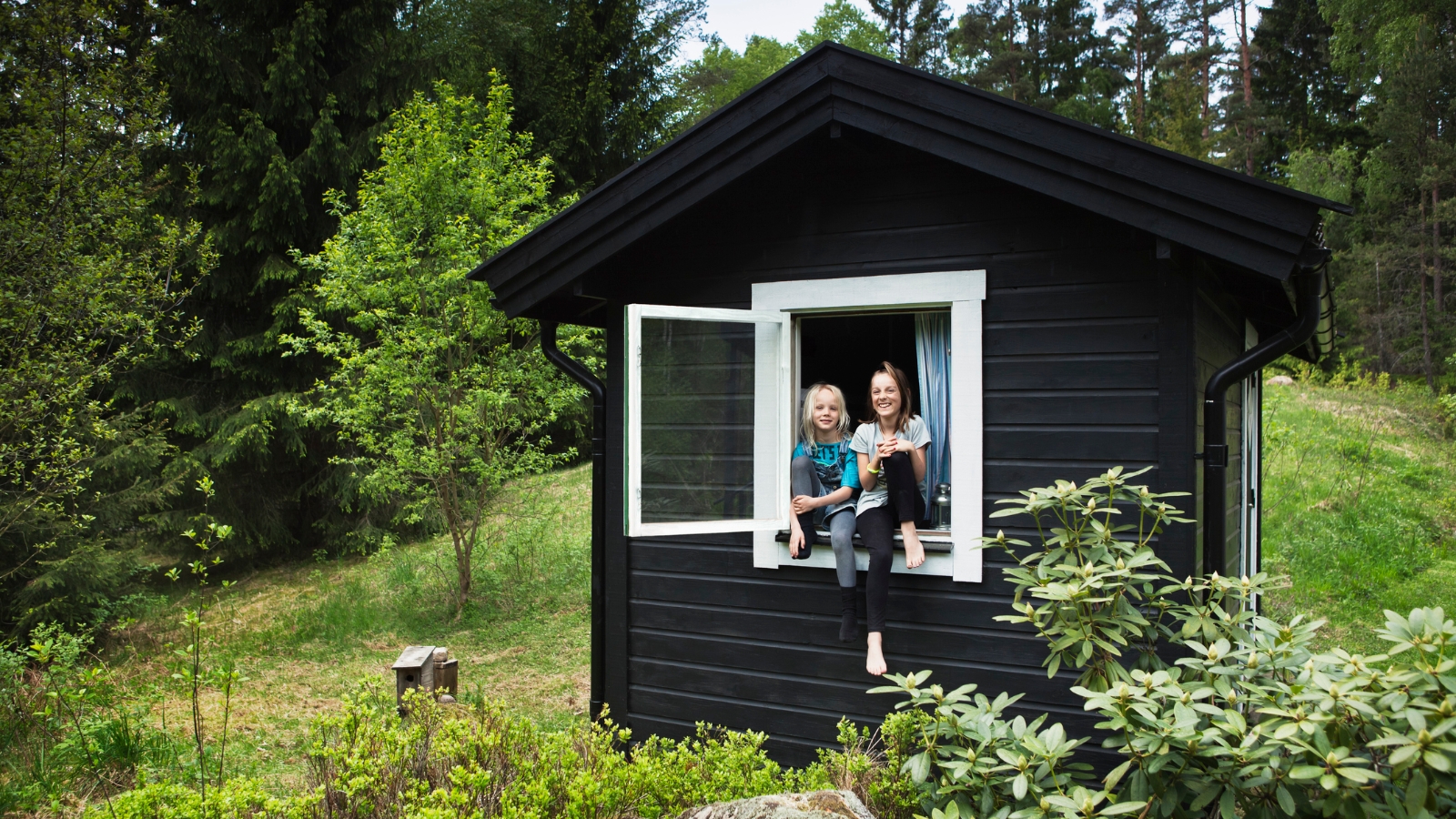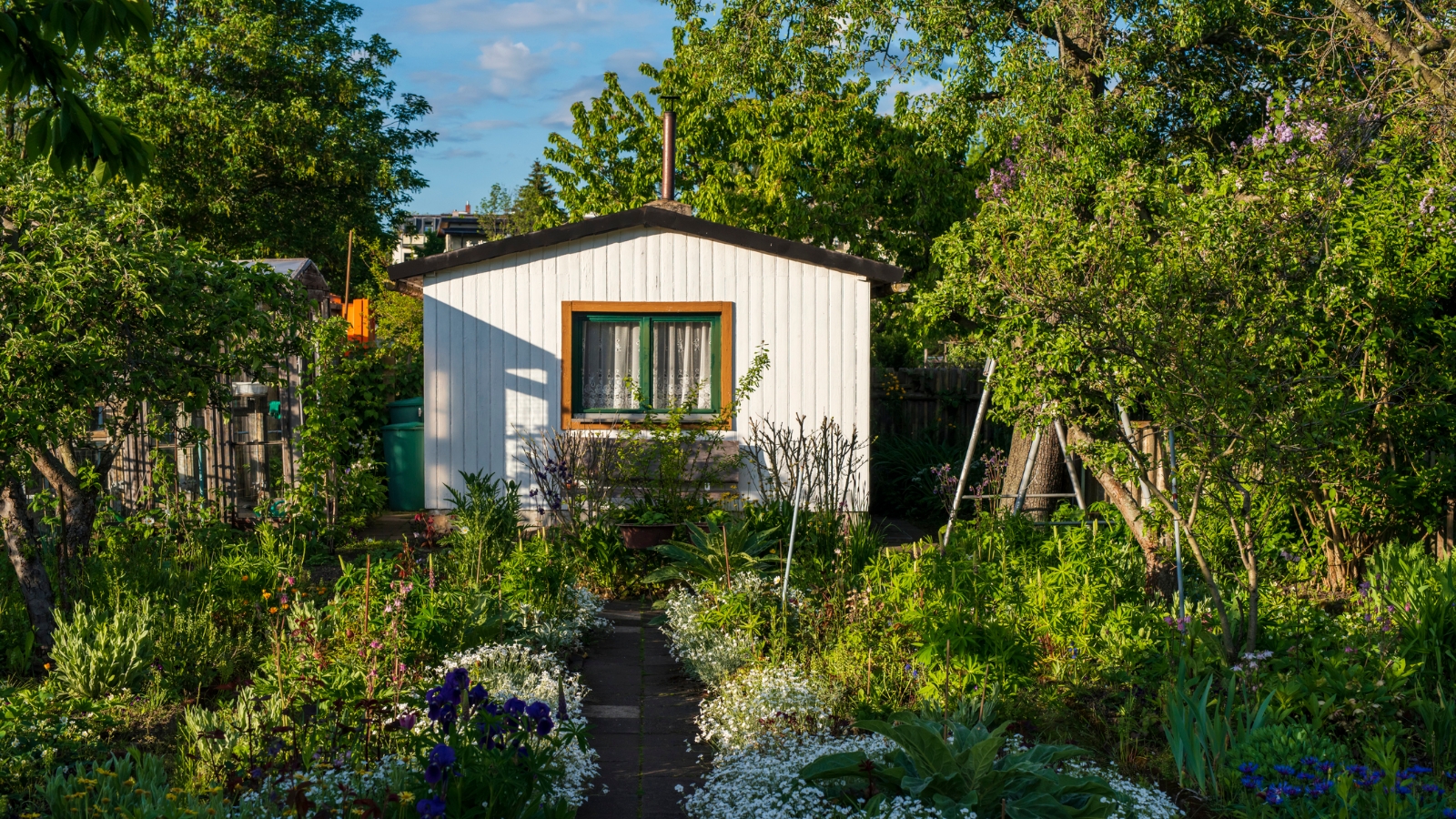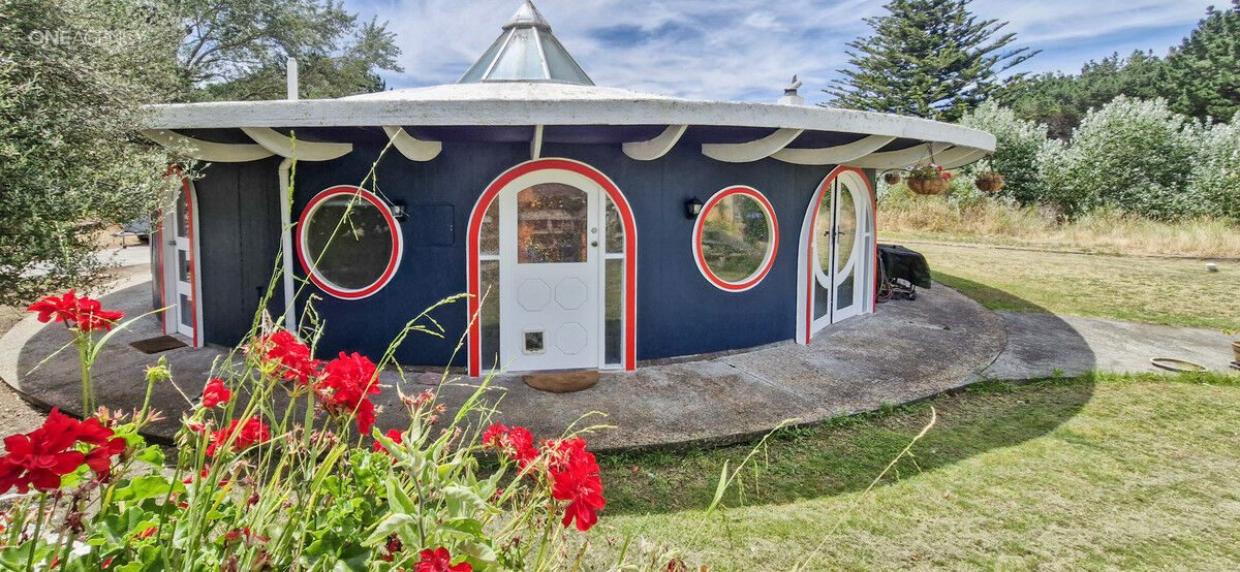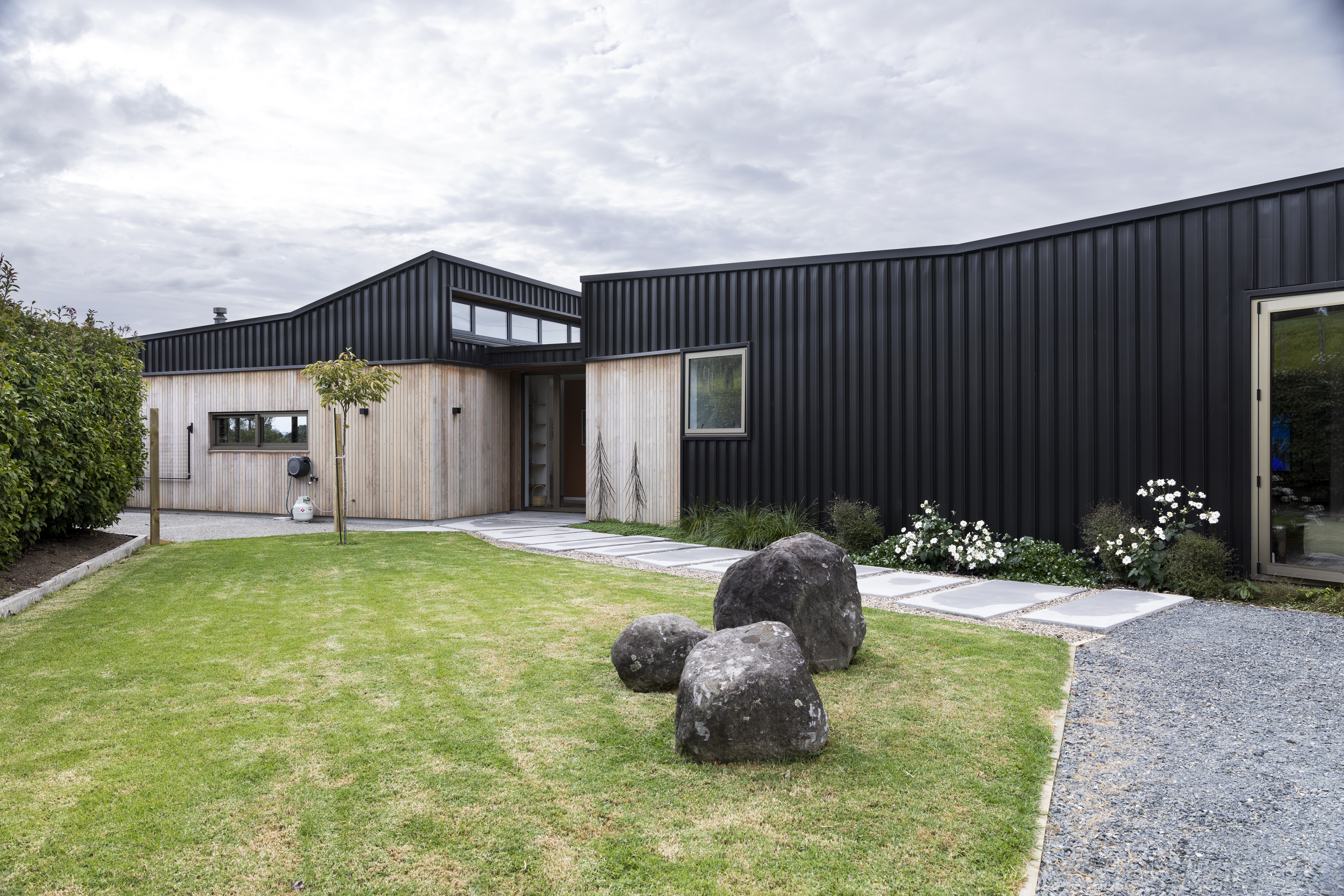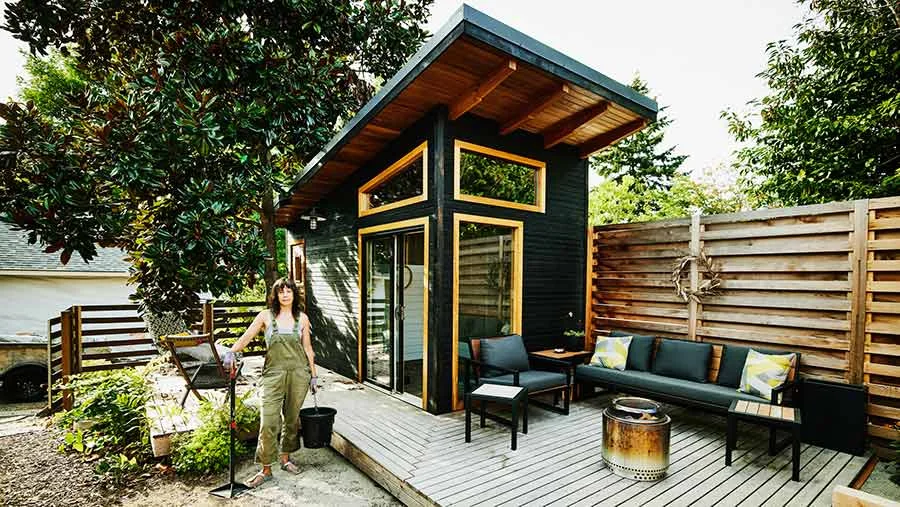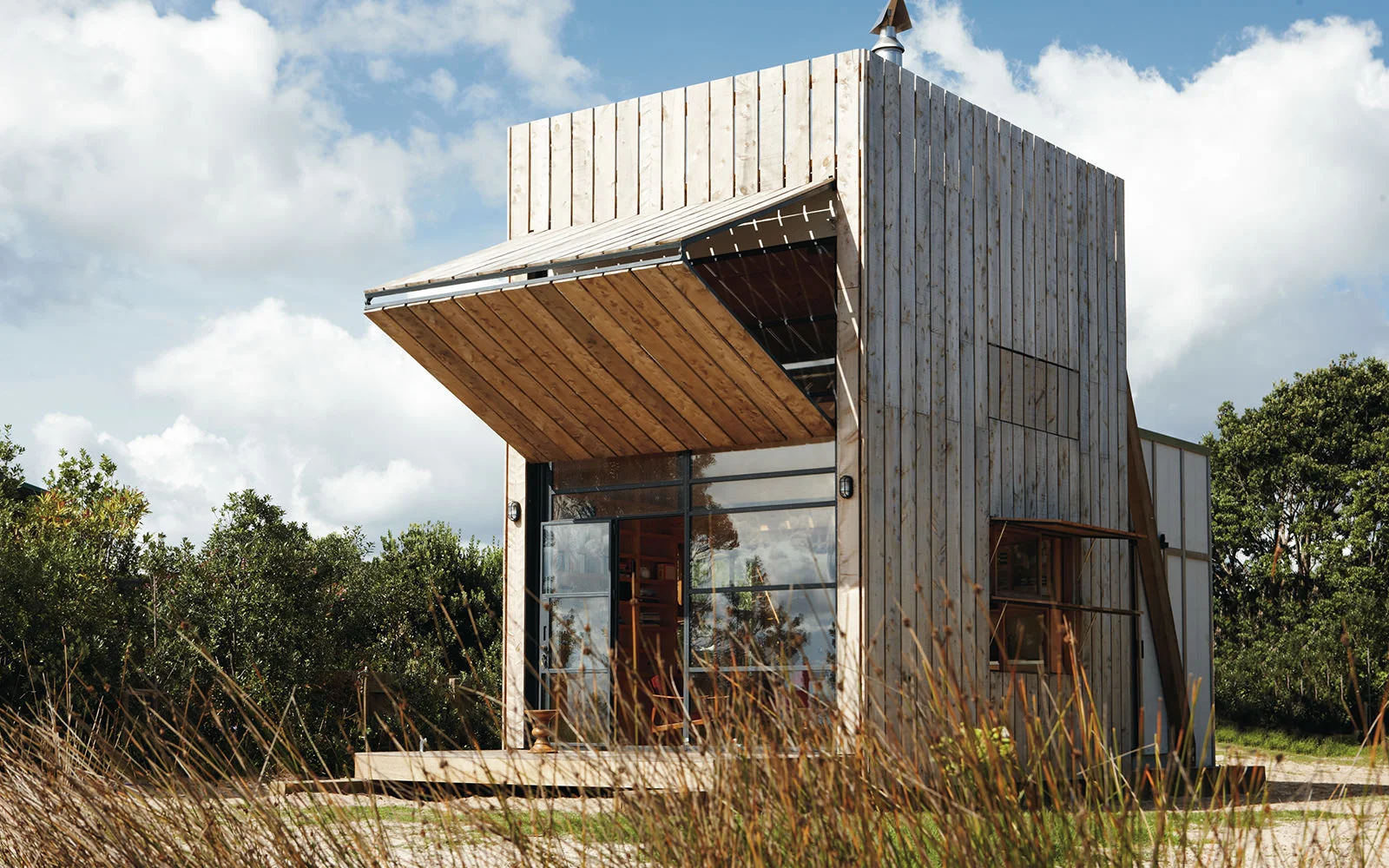Feature article
Granny flats: Proposed change to make it cheaper to build
Get Nana on the tools.

Granny flats to no longer require consent
What’s next?
A granny flat could be a place for relatives to stay, an investment or both.
Who might benefit from granny flat law changes?
Investors
Multi-generational families
Homeowners with large sections
Renters looking for affordable accommodation
Granny flat builders
Author
Search
Other articles you might like
